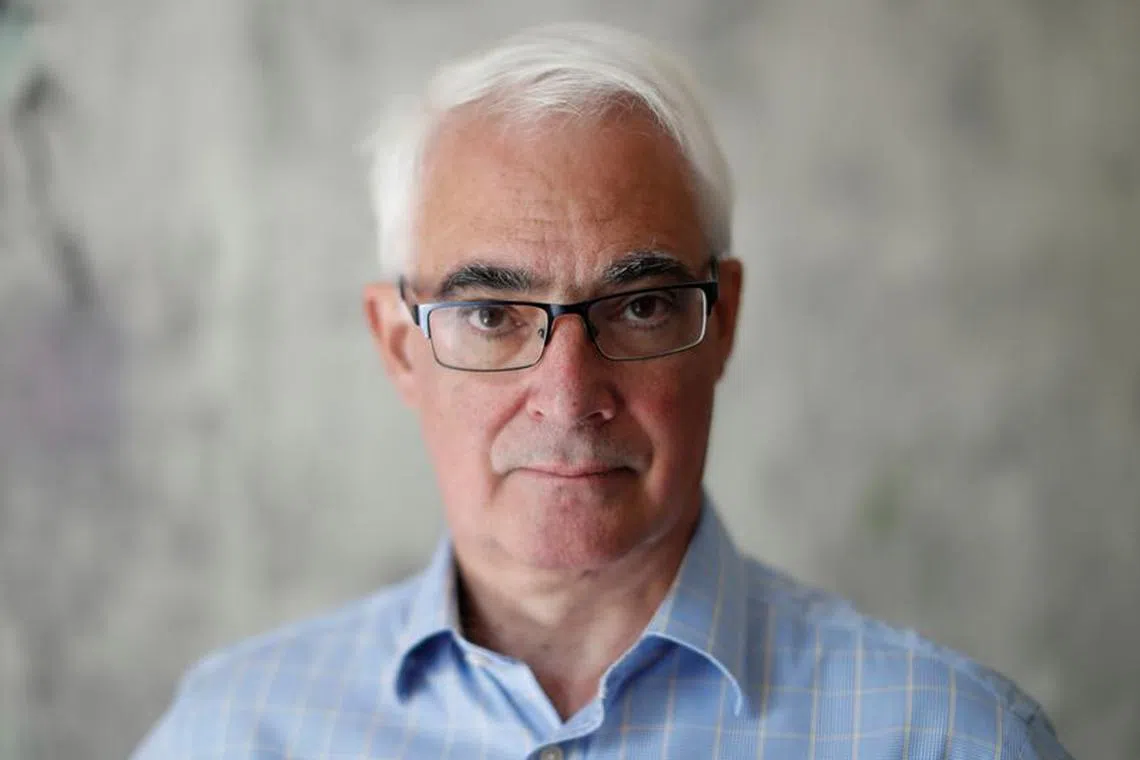Alistair Darling, British finance minister during the 2007 global financial crisis, dies at 70
Sign up now: Get ST's newsletters delivered to your inbox

Former British finance minister Alistair Darling was undergoing treatment for cancer when he died.
PHOTO: REUTERS
LONDON – Former British finance minister Alistair Darling, who steered Britain’s economy through the shock of the global financial crisis in 2007-08, has died, a spokesperson for his family said on Nov 30. He was 70.
Mr Darling was appointed chancellor of the exchequer by former prime minister Gordon Brown in June 2007, just as the crisis was brewing at some of the world’s biggest financial institutions.
He oversaw the rescue of British lender Northern Rock a few months into the job.
In October 2008, he played a key role in the government’s £37 billion bailout of the Royal Bank of Scotland
Mr Darling was a Member of Parliament representing the centre-left Labour Party between 1987 and 2015, and he served as chief secretary to the Treasury before being promoted to run the finance ministry by Mr Brown.
“Mr Darling, the much-loved husband of Margaret and beloved father of Calum and Anna, died after a short spell in Western General Hospital under the wonderful care of the cancer team,” his family said in a statement.
Born in 1953, Mr Darling attended the private Loretto School on the outskirts of Edinburgh, Scotland’s oldest boarding school, before studying law at Aberdeen University. He worked as a lawyer in Edinburgh before becoming a barrister in 1984.
Labour leader Keir Starmer led the tributes.
“He will be remembered as the chancellor whose calm expertise and honesty helped to guide Britain through the tumult of the global financial crisis,” Mr Starmer said in a statement.
Mr Darling hit the headlines in August 2008, before the scale of the financial crisis was clear, when he was quoted by The Guardian newspaper as saying that the economic challenges “are arguably the worst they’ve been in 60 years… and I think it’s going to be more profound and long-lasting than people thought”.
The interview reportedly infuriated Mr Brown, who was wondering whether to call an election that, in the end, he called in 2010.
Mr Brown said he was deeply saddened by the death.
“I, like many, relied on his wisdom, calmness in a crisis and his humour,” he said. REUTERS


